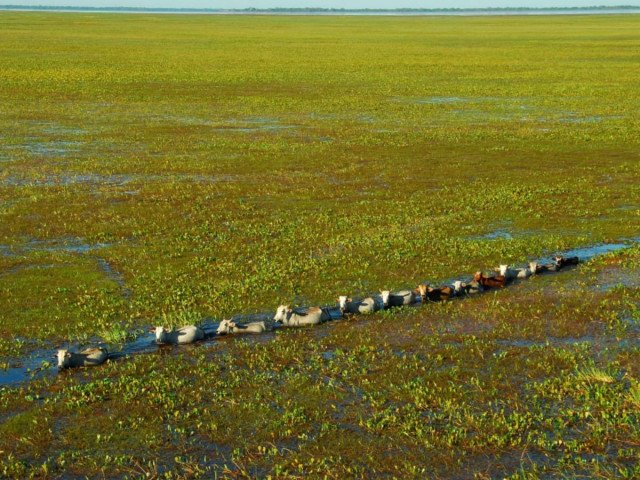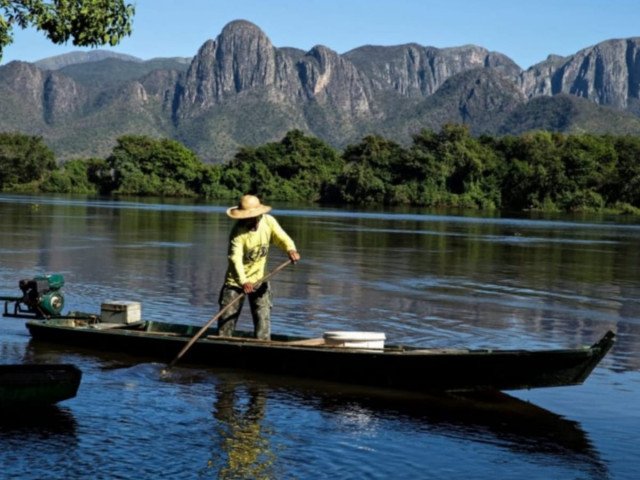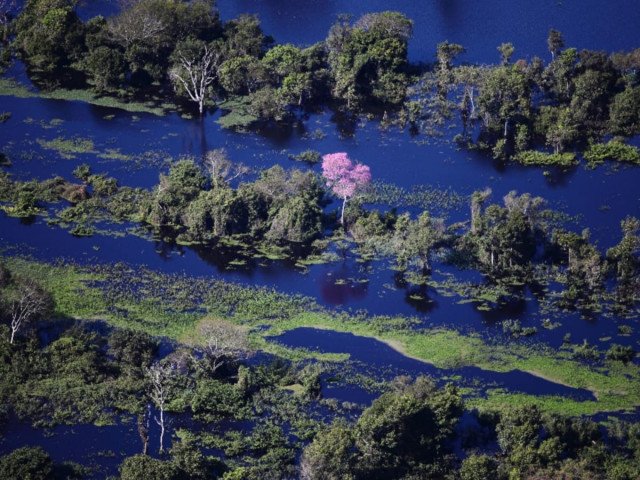The Brazilian Water Museum of the Federal University of Tocantins (UFT) is an initiative that aims to disseminate socio-ecological information and the best water management practices to scientific and non-scientific audiences. The location of the Museum in the State of Tocantins is strategic because this region is contained by two major tributaries of the Amazon River (Rivers Tocantins and Araguaia), with lavish but threatened ecosystems and water reserves (including groundwater), particularly due to the advance of agribusiness and mining, and an expanding urban population. The Museum is intended to deal with the legacies of development and the emerging hydro-ecological challenges, focusing on the lived reality of the large low-income urban and rural population, including Afro-Descendants and Indigenous Peoples.
The Museum's main ethical mission is to support water education and change mistaken perceptions, attitudes and behaviors in relation to water. Development of educational programs that emphasize the urgent need to establish a new relationship between social groups and the rest of socionature mediated by complex water flows.
The Museum was launched in a context where water sustainability is an evolving concept that, in the last decades, has gradually incorporated a wealth of theoretical and practical knowledge. In particular, the meaning of sustainable water management moved from the narrow focus on resource efficiency to a broader consideration of institutional demands and the interaction between different social groups.
The clash between conflicting water management interests is particularly challenging for the developing areas of the tropics and in the Amazon. As part of this broader debate on how to operationalise water sustainability, the Water Museum of UFT will catalog and disclose key elements of the water system that can offer helpful insights into ware sustainability dilemmas and challenges. This is a crucial step towards reconnecting people with heritage material and immaterial water-related dimensions, including social, regulatory, economic, cultural, ecological, artistic and spiritual dimensions.
The Museum aims to inspire the elevation of the educational value and production of knowledge generated, directly, providing the population, in the form of expansion and development of human capital, and imparting notions of citizenship and belonging based on local values, associated with water management, generating long-term impacts on communities and water conservation and protection actions.
Permanent Collection
Permanent museum collections that cover especially Brazilian indigenous, riverside, and quilombola culture play a crucial role in preserving and showcasing the rich heritage of these communities. These collections provide insights into ancestral knowledge about water management and practices that use low-predatory power technologies. Additionally, they offer a window into the cultures, legends, beliefs, and practices that guide sustainable solutions for environmental and water management issues.
Temporary Exhibition
The Brazilian Pantanal
The exhibition 'The Brazilian Pantanal' is presented at any time, follows the rhythm of the waters of the Pantanal, which slowly leak and as time passes and the rains arrive and predominate, they gradually increase, causing changes. The aforementioned exhibition, like the waters of the Pantanal, will bring renewal, fertilization and communication, as occurs in the Pantanal bays during floods. The pulse of the flood produces changes of different nature, and so we want this exposure to act.


































